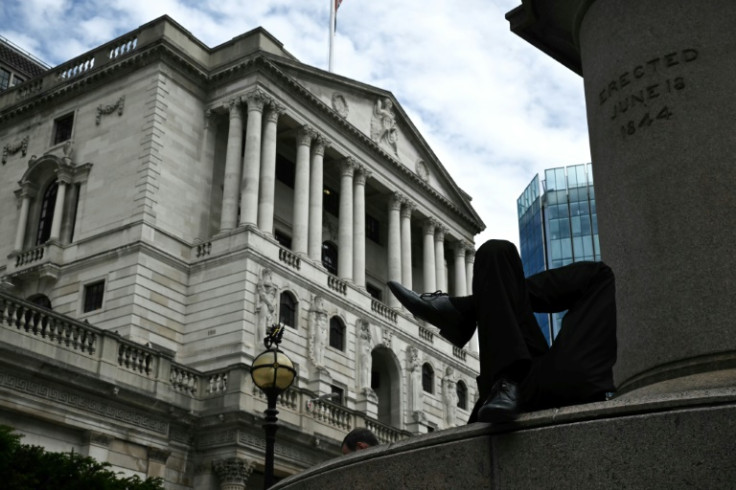UK Business Confidence Plunges to Record Low as Labour and Energy Costs Bite

KEY POINTS
- IoD survey shows business confidence at record low in September
- IoD calls on Chancellor Reeves for growth-focused November budget
- Labour and energy costs top list of concerns for company bosses
Business sentiment in the UK hit a record low in September as companies expressed sharp concern over rising labour costs and energy bills. According to a survey by the Institute of Directors (IoD), cost expectations soared to new highs, and confidence among bosses has 'plumbed new depths' following a brief summer rebound.
'New Depths' for Business Confidence
In a press statement, Anna Leach, chief economist at the IoD, described the September results as a stark reversal: 'Business confidence has plumbed new depths in September, following a fleeting improvement at the tag-end of summer.'
She added that 'conditions worsened across the board, with cost expectations hitting a record high, driven notably by employment costs.'
In the IoD survey, employment or wage pressures emerged as the top concern for business leaders, followed by energy and overheads. Many firms are now facing a squeeze: rising costs on multiple fronts at a time when revenue growth is fragile.
With those challenges mounting, Leach called on Chancellor Rachel Reeves to deliver a November budget that places growth at its heart and supports industry through this difficult period.
Inflation Warnings from the Bank of England
The gloomy business outlook is compounded by warnings from senior officials at the Bank of England, who cautioned that recent inflationary surprises could linger longer than expected.
Clare Lombardelli, a deputy governor, warned against assuming that inflation shocks are transitory.
Meanwhile, Catherine Mann, a Monetary Policy Committee member, said she believes the UK is experiencing a persistent inflation scenario. 'I believe that [an] inflation persistence scenario is playing out,' she commented. 'The chancellor's conference speech rightly reiterated the role that fiscal credibility has in providing the platform for growth.'
Mann's remarks signal that further rate cuts may not be as straightforward as some economists had hoped, especially if wage and food price pressures remain sticky.
Growth Slipping, Pressure Rising
The macroeconomic backdrop is likewise fragile. Official figures show second-quarter economic growth slowing to 0.3%—down from 0.7% in the first quarter—raising questions about momentum going into late 2025.
Meanwhile, the OECD recently forecast that UK inflation will average around 3.5% in 2025—among the highest in the G7—even as growth is expected to decelerate in 2026. The OECD pointed to regulated costs, energy pressures, and the rise in employer National Insurance contributions as key drivers pushing inflation above target.
In this environment, the IoD's record-low confidence may be both a symptom and a warning sign: indicating that businesses see little room for manoeuvre in a tighter, higher-cost economy.
What Firms Are Saying
While the IoD survey aggregates sentiment, individual voices across sectors reflect deep unease. Small and medium enterprises, in particular, say that staffing costs, national insurance hikes, and wage pressures are reversing gains made earlier in the year.
Retailers and service firms have reported trimming hiring plans or delaying investment decisions due to cost uncertainty.
Some firms also expressed frustration at weakening demand and competitive pressures from overseas markets, pointing to supply chain inflation and energy volatility as amplifiers of stress.
Can the November Budget Help?
The timing of the crisis is critical. With annual budget announcements due in November, many business leaders see that as a pivotal moment.
The IoD has urged Reeves to prioritise growth, ease burdens on employers, and restore confidence.
Analysts suggest the government may be forced to consider tax relief, targeted business support, or spending realignment to ease the pressure on firms. But with limited fiscal space and inflation already elevated, the challenge for policymakers is considerable.
The Road Ahead
Persistently high inflation, weak demand, and rising costs present a delicate balancing act for both fiscal and monetary authorities.
If wages, energy bills, and taxation continue to push upward, business pessimism may deepen further, reinforcing a vicious cycle of lower investment, weaker growth, and mounting debt pressures.
For now, the echoes of the IoD's negative survey reverberate across Whitehall corridors and boardrooms alike.
© Copyright IBTimes 2025. All rights reserved.





















